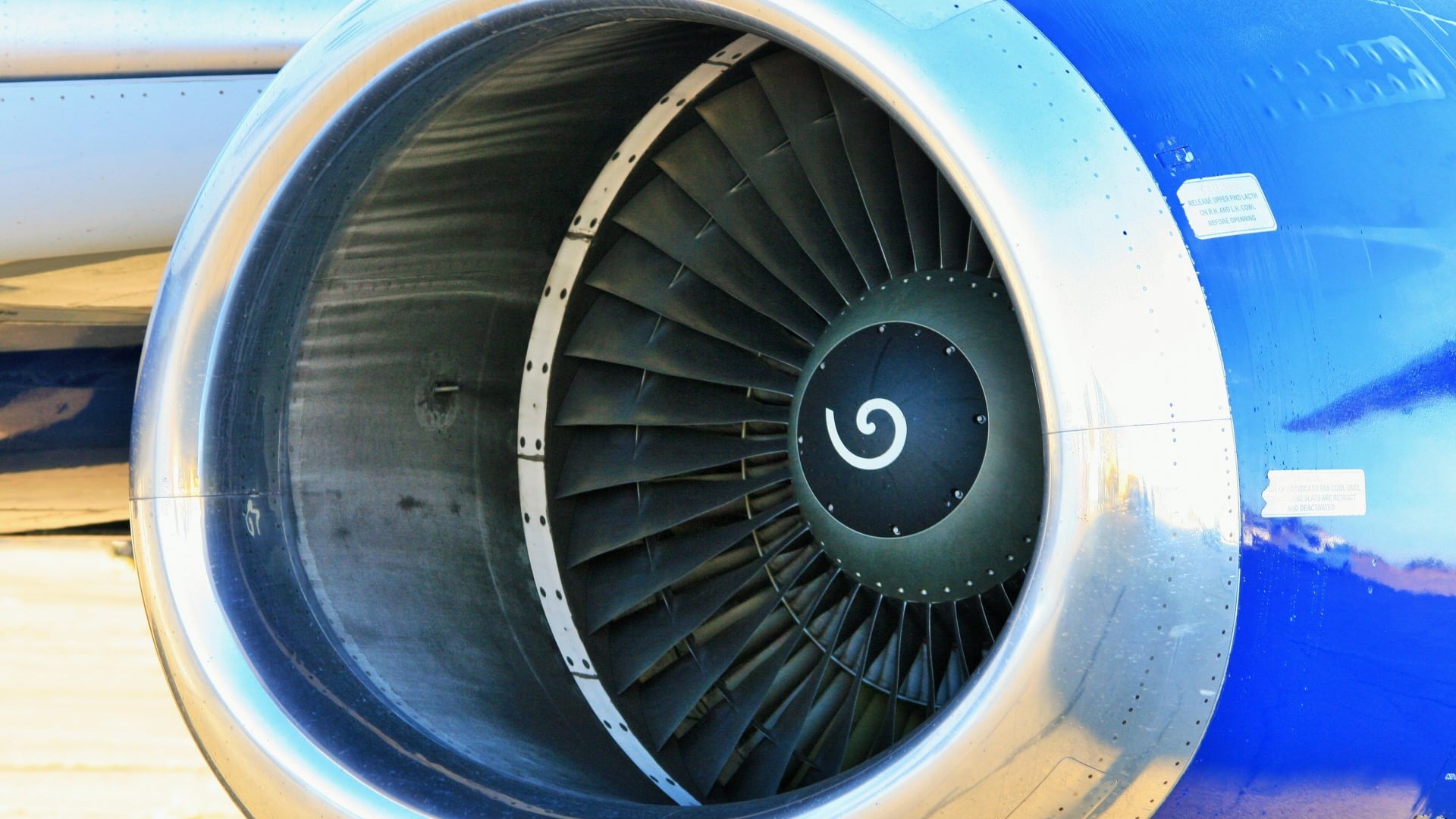As chairman of the House Transportation and Infrastructure Committee, U.S. Rep. Peter DeFazio (D-Ore.) wields more clout in Congress on travel than any other Oregonian. His committee is responsible for the nation's highways, waterways and sky.
Today, DeFazio, 72, faces perhaps his biggest challenge since entering Congress in 1987: finding a balance between keeping airline passengers safe and the economic fate of the country's largest exporter and one of its leading manufacturers, Boeing.
DeFazio's committee is sifting through the wreckage of two of the company's 737 Max airliners for clues to who's to blame. Those crashes caused 346 deaths, led to the grounding of 400 planes worldwide, and raised troubling questions about both Boeing and the Federal Aviation Administration.
We caught up with DeFazio for an interview that has been edited for brevity and clarity.

WW: Is this the most substantial investigation you've been involved in as a member of Congress?
Peter DeFazio: Not only me, it's the most substantial investigation in the history of the Transportation Committee, which has existed since the first Congress.
How did we get here?
It all started with a phone call in 2011. American Airlines called Boeing and said, "Hey, we're going to buy 400 planes, and they're all going to be Airbuses unless you can match the fuel economy and, most critically"—what caused all this—"the pilots cannot be required to undergo high-level training." Boeing was in the initial stages of designing a new narrow-body airplane, a modern airplane, because the airframe design for the 737 is 50 years old. And [Boeing] made a fateful decision, which is, "We'll lose market share while we're doing this new plane, so let's just, one more time, re-engine the old 737."
The Federal Aviation Administration regulates air safety. Where were they in all this?
Their conclusion was, this was a month after the first crash [Lion Air Flight 610, Oct. 29, 2018], if this system is not corrected, then 15 of these planes will go down over the life of the fleet. And they didn't grab the planes. Boeing said it was going to fix this, and the FAA figured, "Well, another one isn't going to go down before Boeing fixes it." Obviously, the system did not work.
Should FAA Administrator Stephen Dickson keep his job?
Yeah, he just came in. I've got other differences with FAA, but he wasn't there, he's not the problem. In fact, he's taken responsibility, which the head of Boeing really hasn't. The head of Boeing sure as heck should go. [After this interview, Boeing fired CEO Dennis A. Muilenburg on Dec. 20.]
After the second plane went down (Ethiopian Airlines Flight 302, March 10, 2019), every aviation regulatory agency on the planet grounded the planes, with the exception of the FAA. Is this country providing less protection for its air travelers than any other First World country?
Two key points: The FAA's head of safety came in in February after the first crash, after they had this evaluation that 15 more would go down, and told me it was a one-off incident having to do with maintenance and pilot error. Obviously not true, and they had an analysis that contradicted that. Secondly, I called the then-acting FAA administrator, Daniel Elwell, and said, "Why aren't you grounding the planes?" and he said, 'Well, we're waiting for data," and I said, "Well, it looks like the exact same thing to me." There are systemic problems we're going to get at.
What kind of changes do you want at the agency?
We're going to find a way to have a larger number of inspectors, and most of that burden is going to fall on the [industry]. And we're going to have to make sure there is a much more transparent process in terms of concerns raised by safety specialists and how those are processed and how high up in the organization they go. The head of safety says he didn't know about the [document] that said 15 of these planes were going to go down. I mean, he didn't know anything. We're going to look at that, too. What does the head of safety do at the FAA?
Is Boeing's decision to suspend production of the 737 Max directly related to your hearings?
I think the end result of our pressure on both Boeing and the FAA made this an inevitable action. What's really tragic is the workers. They've built the planes the way they were told to. And the Boeing CEO got a $15 million bonus, and workers are going to potentially lose their jobs. It's just the crappy way this country works.
What do you mean?
The board and the senior executives at Boeing are all looking at bonuses based on Boeing's stock price, and therefore the pressure starts with Wall Street. And I'm sure they said, "God, if we're going to lose market share and it's going to take us three more years to put up a modern airplane, our stocks are going to go down, which means our bonuses are going to go down."
